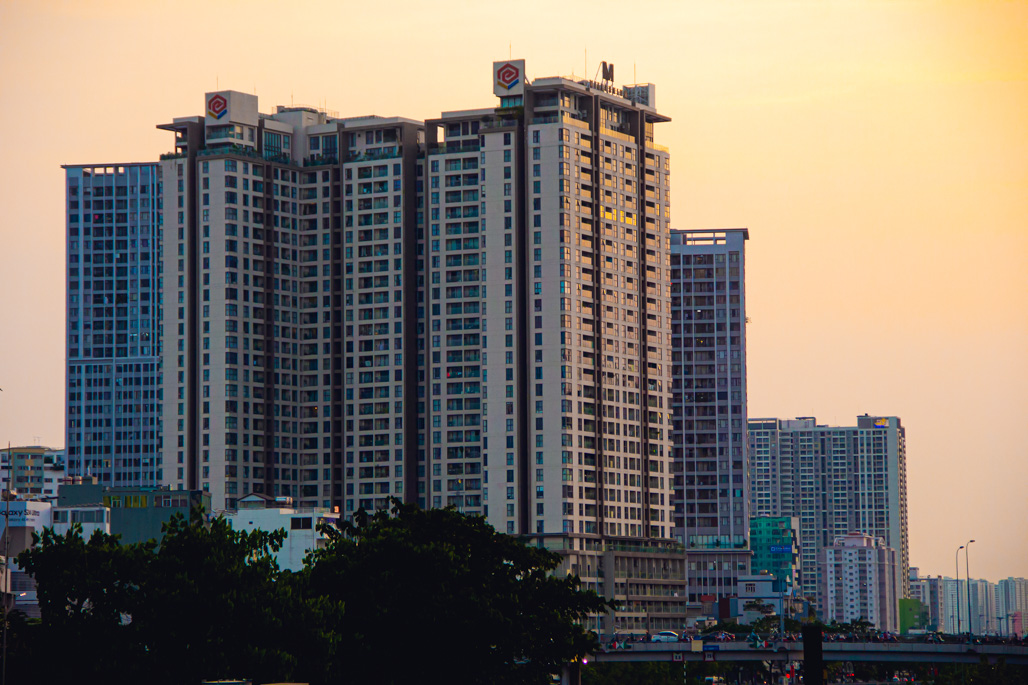HCMC – Real estate businesses in Vietnam are calling for further interest rate cuts, citing uneven rate cuts among banks and complex borrowing procedures as persistent obstacles to securing loans.
During a conference held on March 14 to address production and business challenges, Dang Minh Truong, chairman of Sun Group, emphasized the sector’s need for access to credit at lower costs.
Truong pointed out that the current disparity in loan rates between private and state-run commercial banks is significant, ranging from 4-5%. “Narrowing this gap would effectively reduce borrowing costs and foster economic recovery,” he said.
At the conference, the State Bank of Vietnam (SBV) reported a decline in deposit and lending rates. The average deposit rate for new transactions at commercial banks has decreased to 3.3% per year, which is 0.2% lower than December of the previous year.
Similarly, lending rates for new loans have also dropped, at 6.4% per year, down by 0.7 percentage point against late 2023. However, interest rates on existing loans remain high.
These challenges extend beyond the real estate sector, with manufacturing enterprises also facing difficulties in accessing affordable credit. Le Tien Truong, chairman of the Vietnam National Textile and Garment Group, highlighted the stringent credit limits for textile companies, particularly in obtaining credit for raw materials.
Industry representatives noted that policy support for the real estate sector in Vietnam lags behind neighboring countries in the region. Benefits such as electricity prices, logistics costs, and labor remain comparatively lower than those in countries like China or Bangladesh.
Meanwhile, Le Manh Hung, chairman of the Vietnam Oil and Gas Group, underscored the critical importance of effective monetary policy management, particularly in light of the country’s high credit-to-GDP ratio, which ranks among the highest globally.
According to data from the SBV, the outstanding loan to GDP ratio was projected to reach 133% by the end of 2023, up from 125% in the previous year.
Hung praised recent efforts in monetary and credit policy management for maintaining stability in interest rates, inflation, and exchange rates. This stability has been particularly beneficial for major enterprises like Petro Vietnam, ensuring stability and positive outcomes.
For PetroVietnam, the structure of assets and debt composition, especially credit across the PetroVietnam ecosystem, amounts to VND240 trillion. A mere 1% increase in interest rates would result in an annual capital cost increase of around VND2.4 trillion.
Therefore, it is crucial to restructure capital and finances in business operations, particularly in PetroVietnam’s investment projects. This restructuring helps reduce the average capital usage costs in each project.
The chairman of Sun Group proposed the Government and the SBV maintain stable macroeconomic policies, with a particular focus on deposit and lending interest rates. He also called for the expedited implementation of public investment projects, especially in infrastructure, to facilitate the participation of large enterprises.











